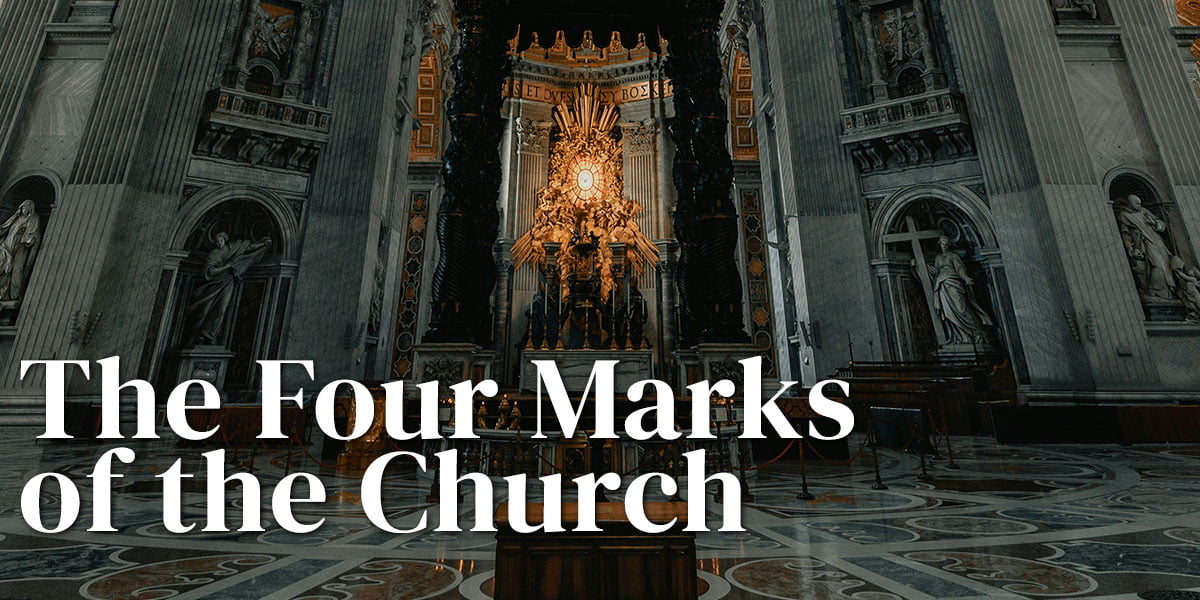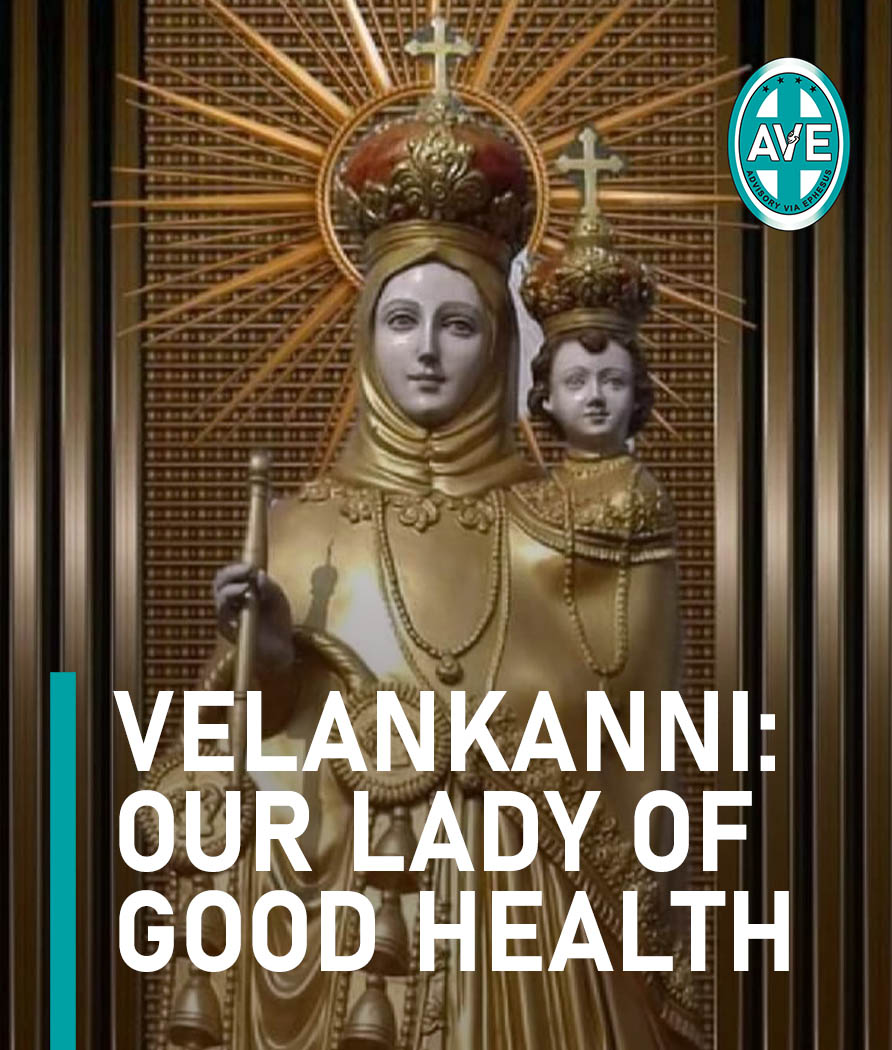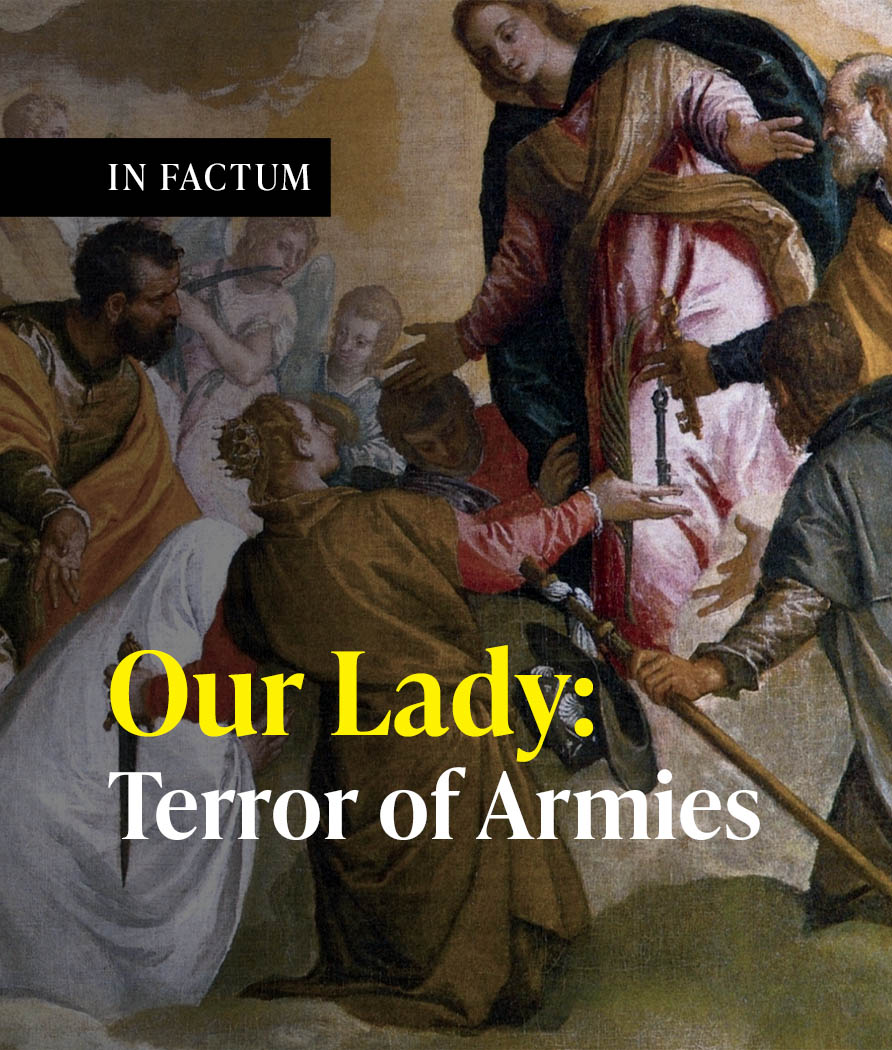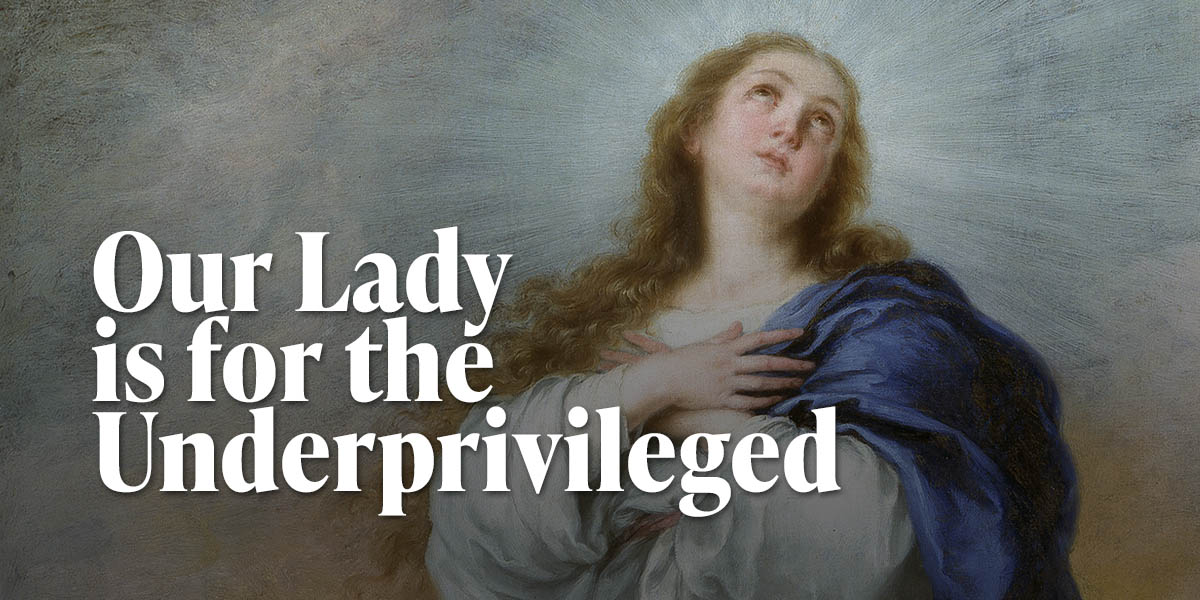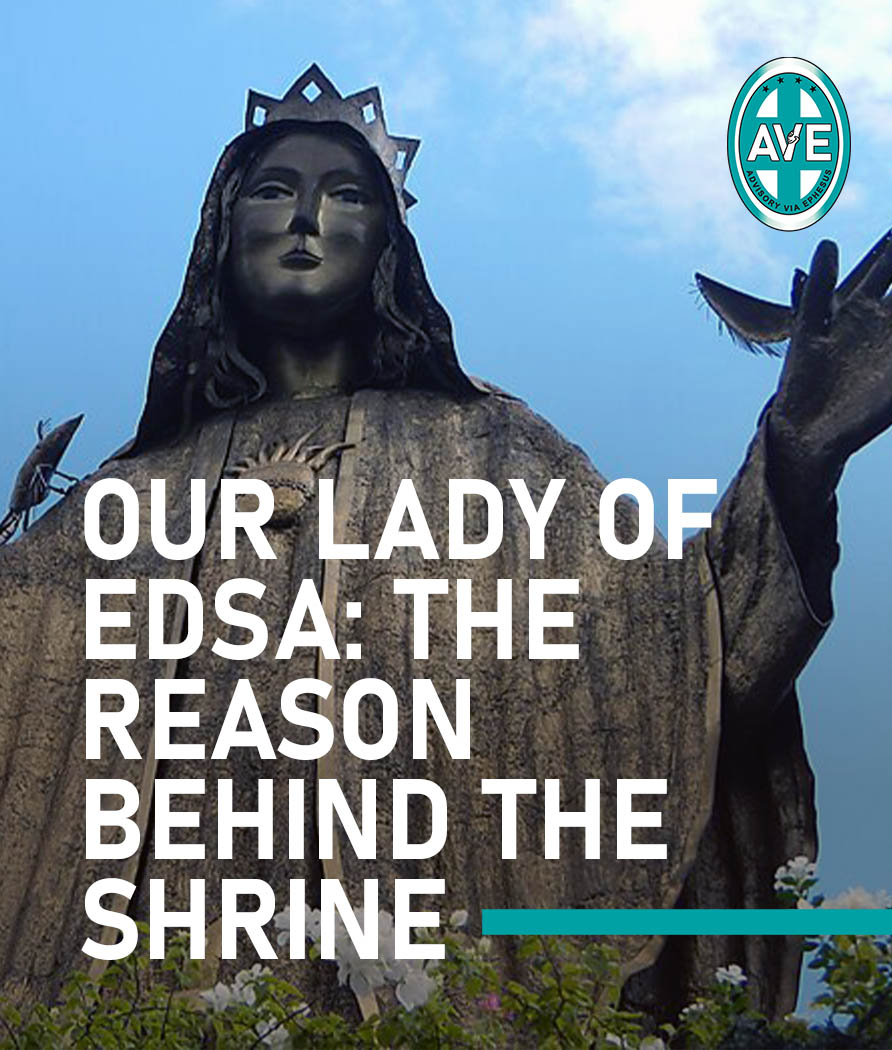Today, the Traditional Societies in the Catholic Church celebrates the Rogation Days. It is a three days solemn supplication before the Feast of the Ascension of our Lord. The Rogation Days are days of prayers and fasting, and was observed with procession while praying the Litany of the Saints, then followed by the Rogation Mass. The word Rogation is from the latin word “rogare” which means to supplicate or ask where we are begging to God for His mercy. There are two Rogations in the Church’s calendar, the Major and Minor Rogation.





